Passive or Precious
What Gets in the Way of Proactively Protecting Teens?
Discussing assault prevention is tough for many reasons. We can be too precious about the reality of it, and so avoid talking about sexual violence due to fear of making anyone uncomfortable. And we can be too disregarding of it, due to fear of acknowledging just how bad the problem is.
And yet, sexual assault occurs every 92 seconds in our country and the average age of victims is between 18 and 34. It doesn’t take long to figure out that the younger end of that spectrum is more at-risk, due to lack of maturation and life experience. So, what can we do to tackle the issue effectively?
Part of the challenge in responding in an articulate way is acknowledging that there are polarized reactions across the board- both in the realm of prevention and response. Some people feel that teaching young women (for example) how to avoid risk is victim-blaming and does not put enough onus on the offender. Others feel that teaching self-defense classes is the way to go, since empowering young people to defend themselves physically will lower the likelihood of assault.
Yet, the one thing I’ve observed again and again, as I’ve taught teens and engaged in frank discussions with them, is that the variable most impactful to risk has nothing to do with physical strength or self-defense, and everything to do with thought.
How do thoughts affect safety?
Thoughts can lead a perpetrator to believe that a young woman (for example) wants sex because she is drinking heavily. Thoughts can cause a teen of any gender to respond too meekly to a boundary-violation because they “didn’t want to be mean.” And thoughts can lead teens to stay too long in a toxic relationship, believing they can “help” their partner to change if they can just be patient.
Thoughts affect all of us in powerful ways and have massive impact on our behavior and self-concept. Creating space for teens to reflect on their thoughts objectively, offers greater self-awareness and the ability to make healthy changes, if needed.
The good news is, young people are often eager to discover new parts of themselves, especially when it comes to sex and partnership. Since knowledge is power, offering guidance through reflective questions, sets teens up for success not only with their sexual safety, but with their relationships as well.
How do we help teens identify the thoughts that help or harm?
Here are some questions to ask your teen to help them determine whether their thoughts are helping or hurting them:
Do you ever think it’s your fault when someone disrespects you?
Ever had a hard time leaving a toxic relationship because you thought your partner’s bad behavior would eventually change?
Ever kept quiet when a friend makes a derogatory sexual remark because you thought your group might think you’re uncool?
Ever kept your feelings to yourself when someone threatens your boundaries because you thought it would be rude to speak out?
Ever observed a friend getting mistreated, but were afraid to ask them about it because you thought it was none of your business?
Having talks with teens is often hard, but can make all the difference in the world as far as how they understand the internal patterns that affect relationships. And one of the most empowering gifts we can give the next generation is the ability to know themselves.
At Be Strong, Be Wise, we take pride in respecting the integrity of each and every young person we teach. To find out more, check out our youth empowerment program.

